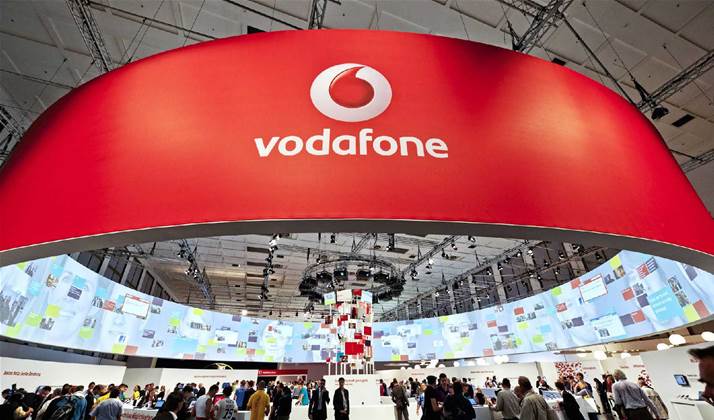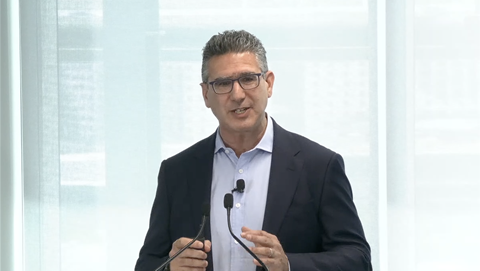Since being sold to Infratil Limited and Brookfield Asset Management three years ago, Vodafone New Zealand has transformed its procurement capability to improve its organisational effectiveness.

At the SAP Spend Connect Forum in Sydney, Rajat Sarna, chief procurement officer at Vodafone New Zealand explained how the company reinvigorated its procurement team through the migration of its entire ERP capability.
When the Vodafone Group sold the New Zealand arm three years ago, Sarna said they were at the lowest point on any maturity curve when it cames to procurement maturity.
He said, “What it led to was a very frustrated procurement team. We didn't have any empowerment and we were not taken seriously. We didn't have the bandwidth to provide any strategic clarity or guidance to the rest of the organisation.”
Sarna said the procurement team was not seen as a trusted advisor at all, and they simply didn't have respect.
“There was high staff turnover, we lacked composure and consistency in this department. We were not valued, we were not learning and we were not growing. Procurement was not seen as a strategic career option at a 2000 employee organisation,” he explained.
Sarna explained some of the key factors to its ERP migration. “Improved productivity, improved organisational effectiveness, reduced value leakage and commercial scale benefits because of centralisation,” he said.
Partnering with SAP, its digital transformation journey was split into three distinct eras, according to Sarna.
He said, “The first three months were on business partnering. The next nine months were primary ERP implementation and the next six months were on Contract Lifecycle Management.
“At the same time, we were assembling the procurement function based on the new operating model. We were also delivering multimillion-dollar benefits to the business, as you can imagine, any organisation would expect [this] with a new function that we were.”
While many organisations were downsizing, Vodafone augmented its team with the largest recruitment drive according to Sarna.
He said, “This saw us growing from a team of three to 21, it was all underpinned on positive business outcomes. This change in operating model, it also came with as part of our business case, an integrated digitisation and onshoring of operations in New Zealand.”
If Sarna did this implementation again, he would focus on planning and prioritisation.
“I would expand the end-to-end period of transformation from months to years. Why I am saying that is because we would have been better to have the organisational wrap up being in series, rather than in parallel that puts a lot of burden on an organisation, a lot of late nights and hard work,” he said.


_(33).jpg&h=140&w=231&c=1&s=0)


_(23).jpg&h=140&w=231&c=1&s=0)





 iTnews Executive Retreat - Security Leaders Edition
iTnews Executive Retreat - Security Leaders Edition
 iTnews Cloud Covered Breakfast Summit
iTnews Cloud Covered Breakfast Summit
 The 2026 iAwards
The 2026 iAwards












_(1).jpg&h=140&w=231&c=1&s=0)



